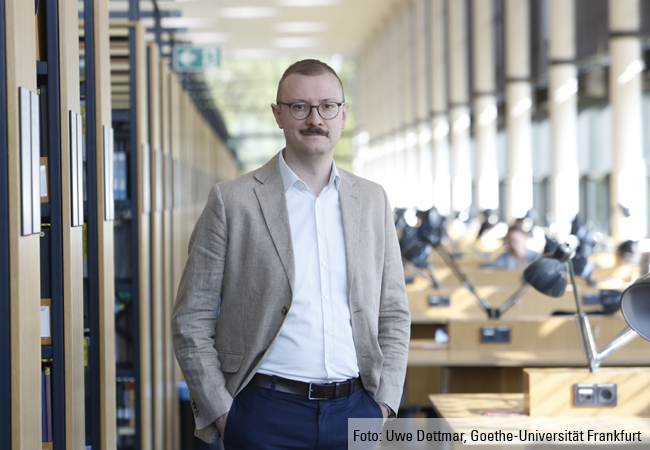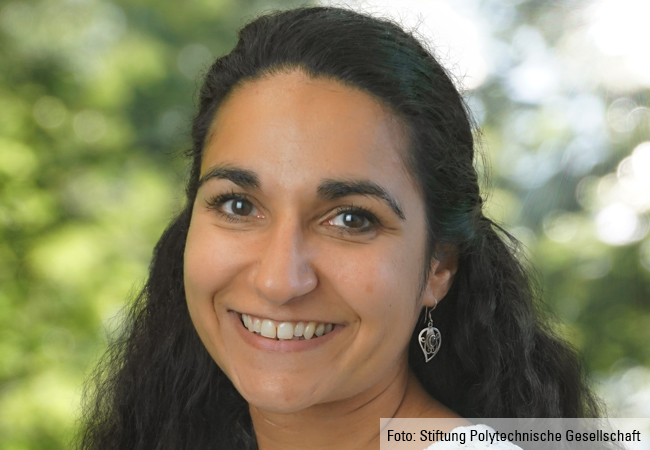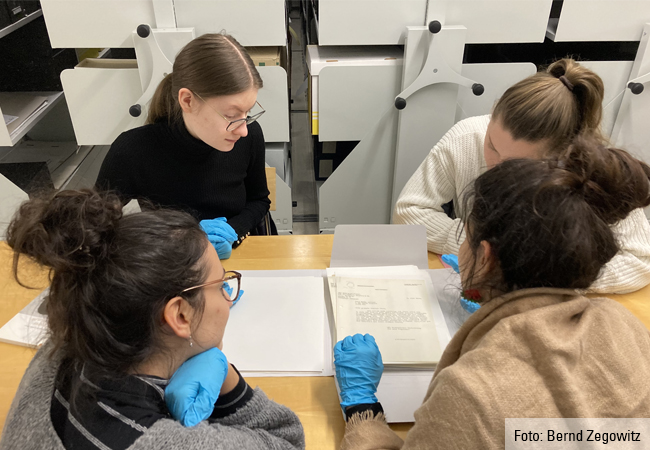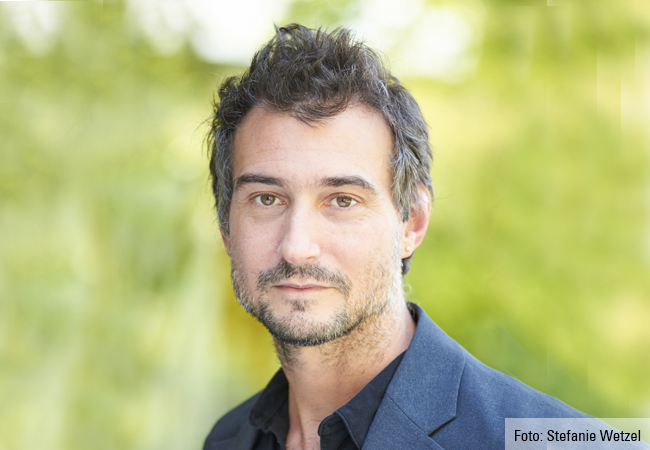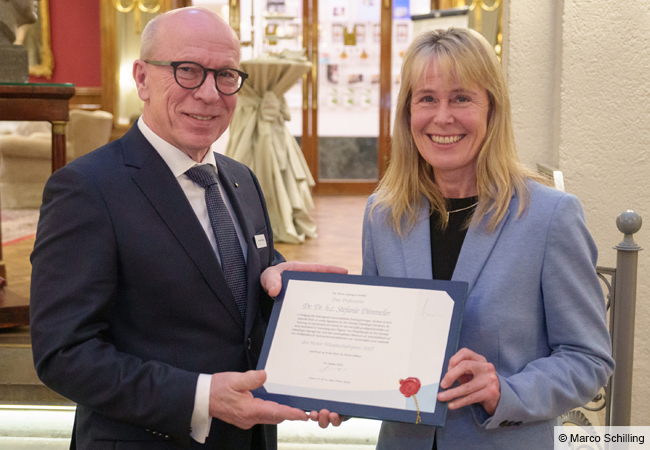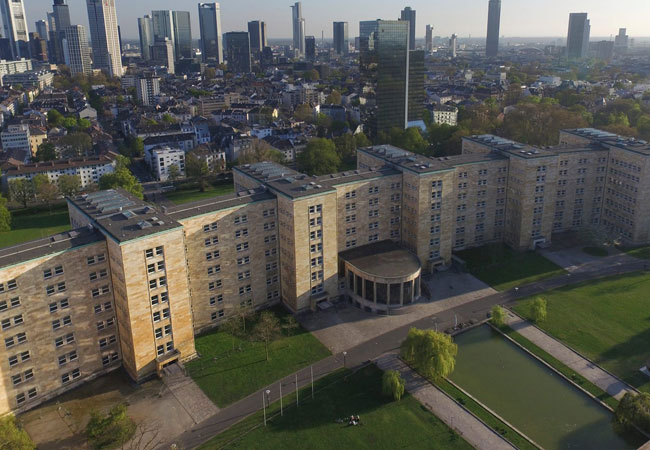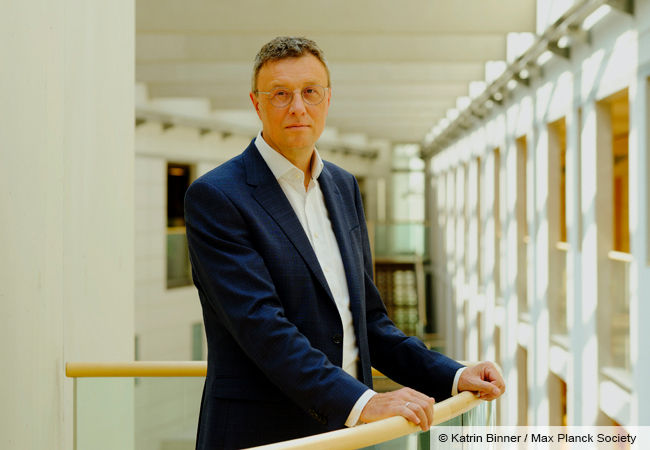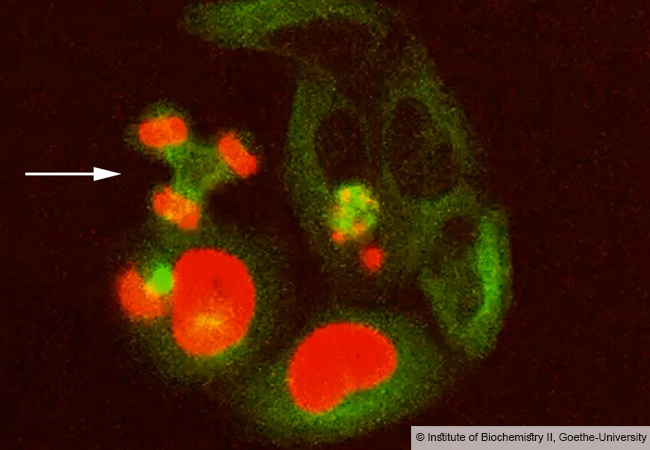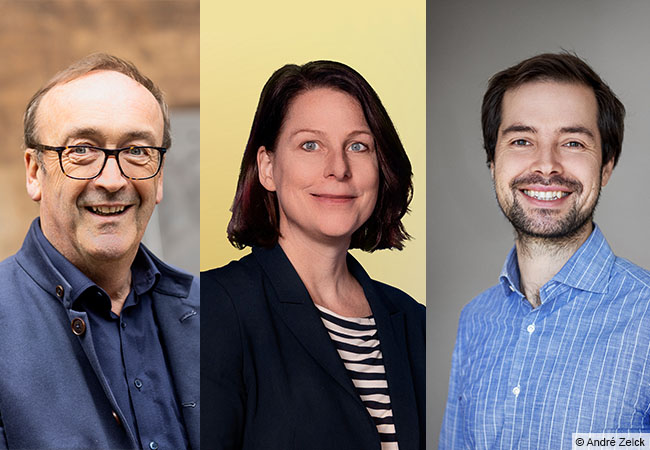Nico Dreimüller, a law graduate from Goethe University Frankfurt, will be taking part in wheelchair basketball at the Paralympic Games in Paris.
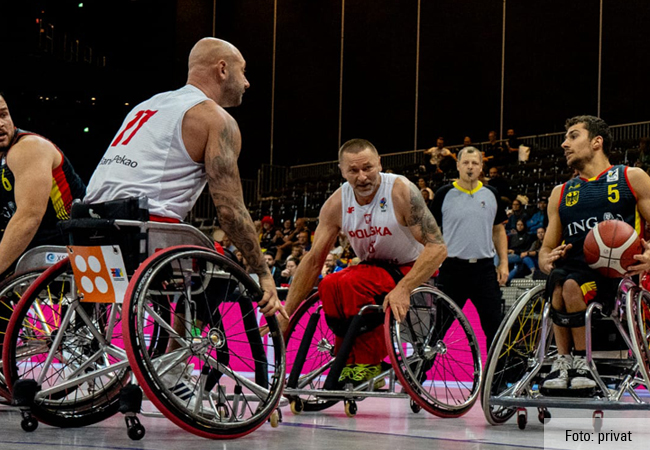
UniReport: Mr. Dreimüller, congratulations on your place in the Paralympics in Paris. How are you preparing for them, how much of your time is it taking up?
Nico Dreimüller: From the middle of June onwards, we will train as a team on a few weekends in Ulm before traveling to Livigno in Italy at the end of July, where we will spend three and a half weeks in an altitude training camp. Shortly before the Paralympics, we will play a few test matches in Cologne. There will also be individual throwing, strength and endurance training, which I’ll mostly do here in Frankfurt. All told, this means I’ll be spending a large part of the summer in the sports hall, but it’s fun!
How long have you been playing wheelchair basketball? How did it all start?
I’ve been playing wheelchair basketball since I was about 7 years old. My parents signed me up at an early age for a games and sports group for children with disabilities, not least so I could learn how to handle a wheelchair. I was particularly impressed by wheelchair basketball and keen to make it into the national team one day.
You recently completed your law degree at Goethe University Frankfurt. What did you find particularly interesting about your studies, can you already tell us a bit about your future career plans?
I’m currently completing my practical training at the Regional Court in Frankfurt, although fortunately my supervisors have released me from my duties to prepare for Paris and for the duration of the actual Paralympics. I very much enjoyed studying law at Goethe University Frankfurt, especially the lectures on intellectual property toward the end of my degree. At the moment, I’m really enjoying my work at the Public Prosecutor’s Office in Frankfurt, but I’m not sure yet which direction my career will take.
Competitive athletes invest a lot of time in their discipline, which is not always easy when it comes to combining work and education. How is it for you? Were and are you able to balance the two?
I still try to do my studies/work on the one hand and my sport on the other as best I can, which requires a lot of planning and organization. For me, dividing my time into “learning phases” and “sports phases” and setting priorities are essential: Before important matches or tournaments, I train a bit more and do a little less for my studies/work. But it also works the other way round: I did less sport before my first state examination, for example, and skipped a European championship with the national team. For this is it key to have the understanding and support of my family, friends and lecturers/supervisors, otherwise I would hardly have been able to prepare sufficiently for Paris, without time off from my training at the court, for example.
The Paralympics attract a lot of media attention nowadays. That clearly wasn’t always the case. What still needs to change so that Paralympic athletes are also accorded the right social esteem? And what would be your personal advice for other Paralympic athletes in terms of how they can assert themselves in their chosen discipline – and, above all, also enjoy it?
I think that lots of Paralympic athletes try to be role models and advocates for a more inclusive society. The attention in the media and in society the Paralympics get is therefore a great opportunity to fight against prejudice and show that having a disability is not “bad” or “regrettable”. Being successful in Paris can help here, but I think it’s even more important to enjoy your sport and to show it. I didn’t learn to love my sport because a certain player was particularly good at throwing the ball, but because I could feel the enthusiasm on the court. We want to spread enthusiasm.
Interview: Dirk Frank
Note: The Summer Paralympic Games will take place in Paris from August 28 to September 8, 2024.


